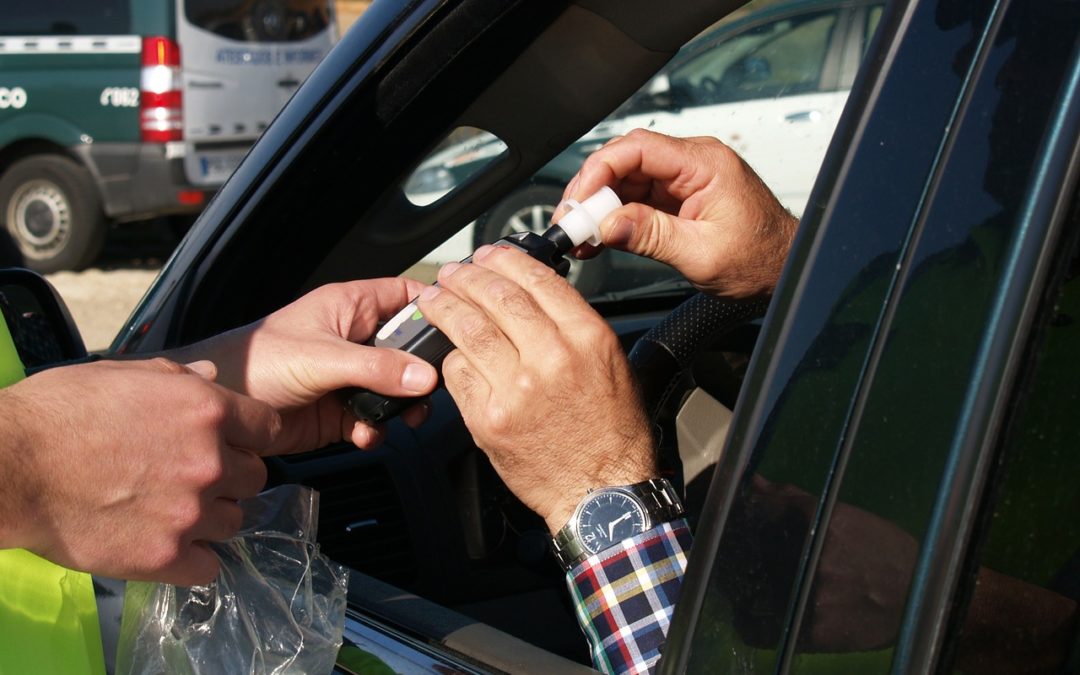DWI / DUI – Has Your Blood or Breath Sample Been Taken in Denton County?
The concept of deemed consent causes much confusion for Texas law enforcement, lawyers, and citizens. Because of this confusion, you may be wondering when it is appropriate for a law enforcement officer to ask you for a specimen of blood or breath.
Many people, including officers and judges, believe that a driver consents to specimen testing when they obtain their driver’s license. This is incorrect. A close reading of Section 724.011 of the Texas Transportation Code makes clear that deemed consent of a specimen collection is conditional on the police following the deemed consent law and not upon a driver obtaining a driver’s license. But what is deemed consent law in Texas? Deemed consent is conditioned on three things that must take place before the request, better known as a “statutory warning,” can be made for a specimen.
Sec. 724.011. CONSENT TO TAKING OF SPECIMEN.
(a) If a person is arrested for an offense arising out of acts alleged to have been committed while the person was operating a motor vehicle in a public place, or a watercraft, while intoxicated, or an offense under Section041, Alcoholic Beverage Code, the person is deemed to have consented, subject to this chapter, to submit to the taking of one or more specimens of the person’s breath or blood for analysis to determine the alcohol concentration or the presence in the person’s body of a controlled substance, drug, dangerous drug, or other substance.
(b) A person arrested for an offense described by Subsection (a) may consent to submit to the taking of any other type of specimen to determine the person’s alcohol
First, pursuant to Section 724.011, the person must first be arrested. Therefore, it is improper for an officer to issue a statutory warning to an individual unless that person has first been arrested. However, there is nothing in the statute that prevents law enforcement from asking for a consensual blood, breath, or even urine test either before or after an arrest. This exception presumes that there was no coercion in asking for the consensual specimen. Note, however, that there is no deemed consent for collecting a urine sample.
Conditions two and three derive from Section 724.015 of the Texas Transportation Code.
Sec. 724.015. INFORMATION PROVIDED BY OFFICER
BEFORE REQUESTING SPECIMEN. Before requesting a person to submit to the taking of a specimen, the officer shall inform the person orally and in writing that. . .
This language makes clear that deemed consent requires the officer to do two more things before a specimen can be collected: the law enforcement officer must provide both an oral and written warning to the driver. Again, this warning is considered a statutory warning and is done using a form better known as a DIC 24. Law enforcement officers must read the statutory warning allowed and provide the driver with a written copy of the statutory warning so that the driver may read along while the officer provides the oral warning. This of course means that the statutory warning, both oral and written, must occur before the specimen request is made.
Until the statutory warning is made, there can be no deemed consent from the driver.
The reason for this doubling up of information was the Texas Legislature’s desire that citizens fully understand the stated penalties for refusal to provide a specimen once a request is made. The Legislature insisted on a written and oral warning based on the realities of a drunk driving arrest. A driver subjected to DWI/DUI testing will likely be nervous and may not understand his or her rights or the possible consequences of a specimen refusal. There is simply a better chance that a driver will understand the gravity of their choice if they both hear and read about their rights and consequences.
It is important to note that, despite the statutory warnings, you can still refuse a test under deemed consent. However, if you refuse, the State of Texas can then impose two penalties: (1) suspending your driver’s license, and (2) telling a jury about your failure to submit to specimen testing.
Sec. 724.013. PROHIBITION ON TAKING SPECIMEN IF
PERSON REFUSES; EXCEPTION. Except as provided by Section 724.012(b), a specimen may not be taken if a person refuses to submit to the taking of a specimen designated by a peace officer.
The purpose of this second penalty is to allow the State, during your trial, to infer a concept known as “guilty mind,” which means that a driver thought he or she was guiltily of a DUI/DWI and was trying to hid evidence of this from law enforcement officers. However, it is important to note that not all refusals are admitted into evidence as the admissibility of the refusal depends on relevance and potential harm.
Officers may forcibly take a blood specimen, under very limited conditions, if the law enforcement officer believes there are “exigent circumstances” to do so. For example, an officer may believe that the substances causing the driver’s impairment are dissipating in the driver’s body and there is not enough time to secure a search warrant for a blood specimen.
Still have questions or need legal representation for your DWI/DUI case? We can help. Our lawyers have significant experience representing drivers facing DUI/DWI convictions in Texas courts. It is important to have all the information you need and to have effective and knowledgeable legal representation. Call the Peugh Law Firm today to speak with experienced DWI Attorneys so that we can get started on your case.





